Pondering reading in the online learning environment
By Michael Rabbidge - Materials Writer
Two years into the Covid pandemic and teachers are slowly but surely adjusting to the new realities of teaching online. Online communicative teaching practices are often a focal point of teacher discussions when it comes to online teaching. However, in today’s blog I am more interested in a relatively under discussed part of online teaching, that of online reading.
Thinking about this led me to read a great deal of what can be done in regard to assisting students to adjust to online reading environments, and I thought I’d share some of these ideas. For further reading, I suggest following the references given at the end of this blog to find out more about this particular topic.
More often than not, students have better fundamentals than teachers when it comes to the use of technology in everyday life situations. Assuming that students are able to transfer these fundamentals into learning contexts can be a problem though, and the likelihood is that teachers need to provide explicit guidance to ensure that students are able to study effectively, especially with reading and comprehending information online.
Research (Leu, Kinzer, Coiro, Castek, & Henry, 2013) suggests that reading on the internet differs to other forms of reading in at least five ways:
1. Rather than starting with reading material, students often start with identifying a problem
2. The onus of locating texts to address a given problem is on the students rather than the teacher
3. Students must critically evaluate information to see if it addresses the problem
4. Information is available in different formats such as images, audio as well as various text types
5. Methods of communicating various ideas learned from the internet are possible
Such differences then imply students who are considered successful in regular textbook type readings we are used to in the classroom may need assistance to overcome various challenges that may arise from these differences.
Challenges that have been identified (Coiro, 2014) include the ability of students to develop online reading proficiency, develop a certain amount of digital wisdom concerning using technology for academic purposes, work within a digital participatory culture that expects students to collaborate and integrate multiple standpoints while maintaining ethical works standards, as well as understand that teachers are trying to develop student self-reliance rather maintain traditional director style roles.
Clearly then, when it comes to reading and comprehending information online, teachers and students need to raise their awareness of such issues to ensure the successful development of online literacy skills.
Leu, D. J., Jr., Kinzer, C.K., Coiro, J., Castek, J. & Henry, L. A. (2013). New literacies: A dual level theory of the changing nature of literacy, instruction, and assessment. In R.B. Ruddell & D. Alvermann (Eds.), Theoretical Models and Processes of Reading, Sixth Edition, Newark, DE: International Reading Association.
Coiro, J. (2014). Online reading comprehension: challenges and opportunities. Texto Livre: Linguagem e Tecnologia. 7. 10.17851/1983-3652.7.2.30-43.
